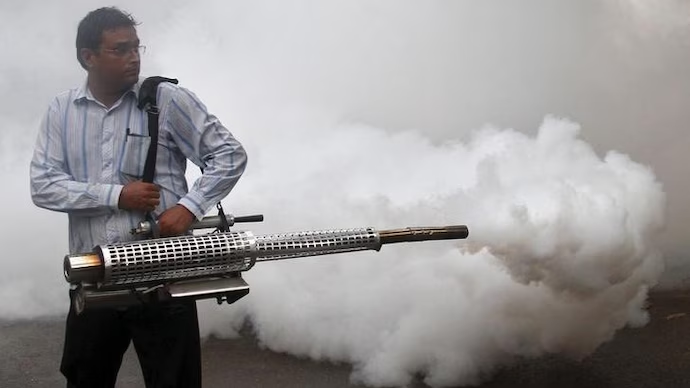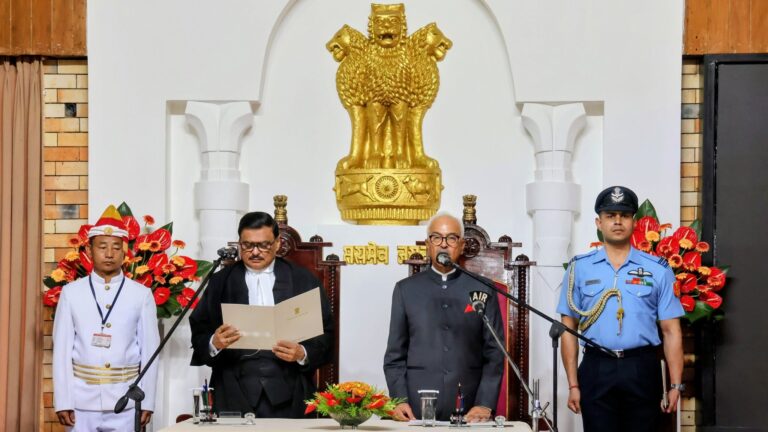State Reviews Rising Dengue Cases in Manipur — Community-Led Source Reduction Drive Launched
A state-level review meeting chaired by Sumant Singh, Commissioner-cum-Secretary to the Governor of Manipur, reviewed a sharp rise in dengue cases and compared current monthly incidence with last year’s figures. The review led to a follow-up by the Director of Health Services, Dr. N. Hemantakumar Singh, who mobilized local clubs, ASHAs, urban health staff and State Urban Teams for hands-on training and immediate community-led “source reduction” drives to eliminate mosquito breeding sites across Imphal and other urban areas.
Frequently Asked Questions
Q1: What exactly is a “source reduction drive” and how is it different from fogging?
A: A source reduction drive focuses on removing or treating water containers and other breeding sites so mosquitoes cannot reproduce (e.g., emptying, scrubbing, covering, disposing). Fogging targets adult mosquitoes and gives short-term relief but does not stop new mosquitoes from being born — source reduction prevents the next generation.
Q2: How often should households check for mosquito breeding sites?
A: Weekly. A short weekly “dry day” to inspect and empty potential breeding containers is a simple habit that drastically reduces mosquito populations over the season.
Q3: Can children help during source reduction drives? Are there safety precautions?
A: Yes — children can help by checking plant pot saucers, picking up small litter, and reminding family members. However, avoid exposing children to chemicals or asking them to handle heavy or hazardous waste; adults should handle scrubbing and disposal. Volunteers should use gloves and avoid bare-hand contact with stagnant water when possible.
Q4: If someone has fever and body pain, how soon should they be tested for dengue?
A: If fever lasts more than 2–3 days with other dengue-like symptoms (severe headache, eye pain, muscle/joint pain, rash), consult a health facility. Local health facilities can advise on testing based on symptoms and timing — early care reduces complications. Seek urgent care for warning signs (abdominal pain, persistent vomiting, bleeding, restlessness).
Q5: How can community clubs partner with health teams effectively?
A: By coordinating training sessions, mapping high-risk zones, sharing monitoring logs weekly, and mobilizing local residents for small, regular clean-ups. Clubs can act as communication hubs — distributing leaflets, organizing “dry days,” and liaising with municipal services for drain cleaning and waste removal.



